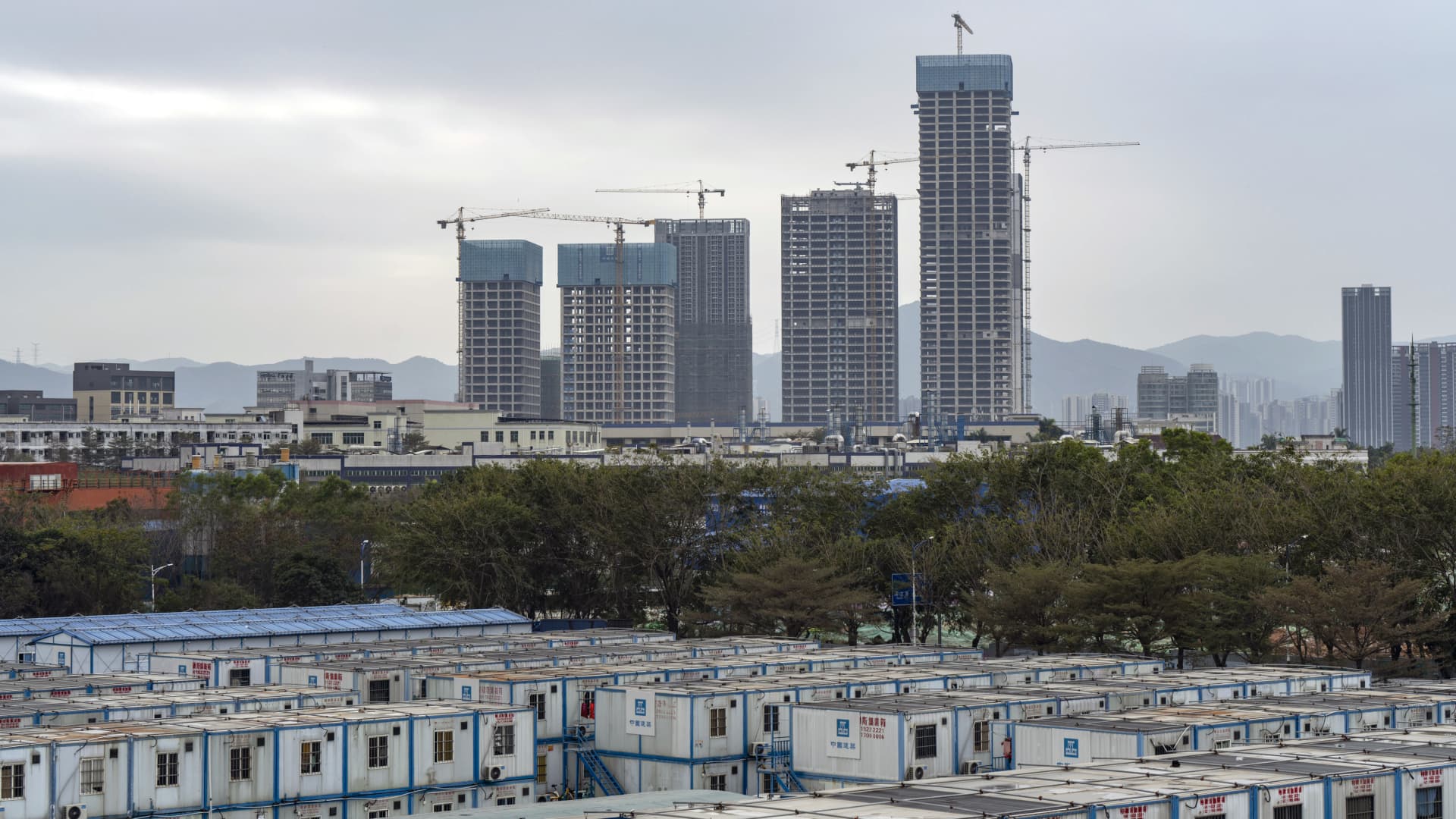The ongoing conflict between Israel and Hamas could have significant economic consequences for the euro zone, warns Goldman Sachs. In a research note, Europe Economics Analyst Katya Vashkinskaya highlighted that the hostilities could impact European economies through lower regional trade, tighter financial conditions, higher energy prices, and lower consumer confidence. Concerns are growing among economists that the conflict could spill over and engulf the Middle East, with Israel and Lebanon exchanging missiles. Although the tensions could affect European economic activity, Vashkinskaya noted that the continent’s exposure is limited. However, tighter financial conditions could weigh on growth and exacerbate the existing drag on economic activity. The most impactful way in which tensions could spill over is through oil and gas markets, says Vashkinskaya. Commodities markets have already seen increased volatility, with Brent crude oil and European natural gas prices up by around 9% and 34% respectively. Goldman’s commodities team assessed downside scenarios in which oil prices could rise by 5% to 20% above the baseline. This could lead to a reduction in Euro area real GDP and an increase in consumer prices. Gas price developments present a more acute challenge, with a potential increase in European natural gas prices. Bank of England Governor Andrew Bailey also raised concerns about the conflict’s impact on energy markets and inflation. Oil prices have been volatile since the start of the conflict, and the World Bank warned that prices could rise to over $150 a barrel if the situation escalates. General consumer confidence is another potential channel for spillover effects, according to Goldman Sachs. The bank’s news-based measure of conflict-related uncertainty reached record highs in October. Overall, the Israel-Hamas conflict poses significant risks to the euro zone’s economic growth and inflation, particularly if energy price pressures escalate.

I have over 10 years of experience in the cryptocurrency industry and I have been on the list of the top authors on LinkedIn for the past 5 years. I have a wealth of knowledge to share with my readers, and my goal is to help them navigate the ever-changing world of cryptocurrencies.











